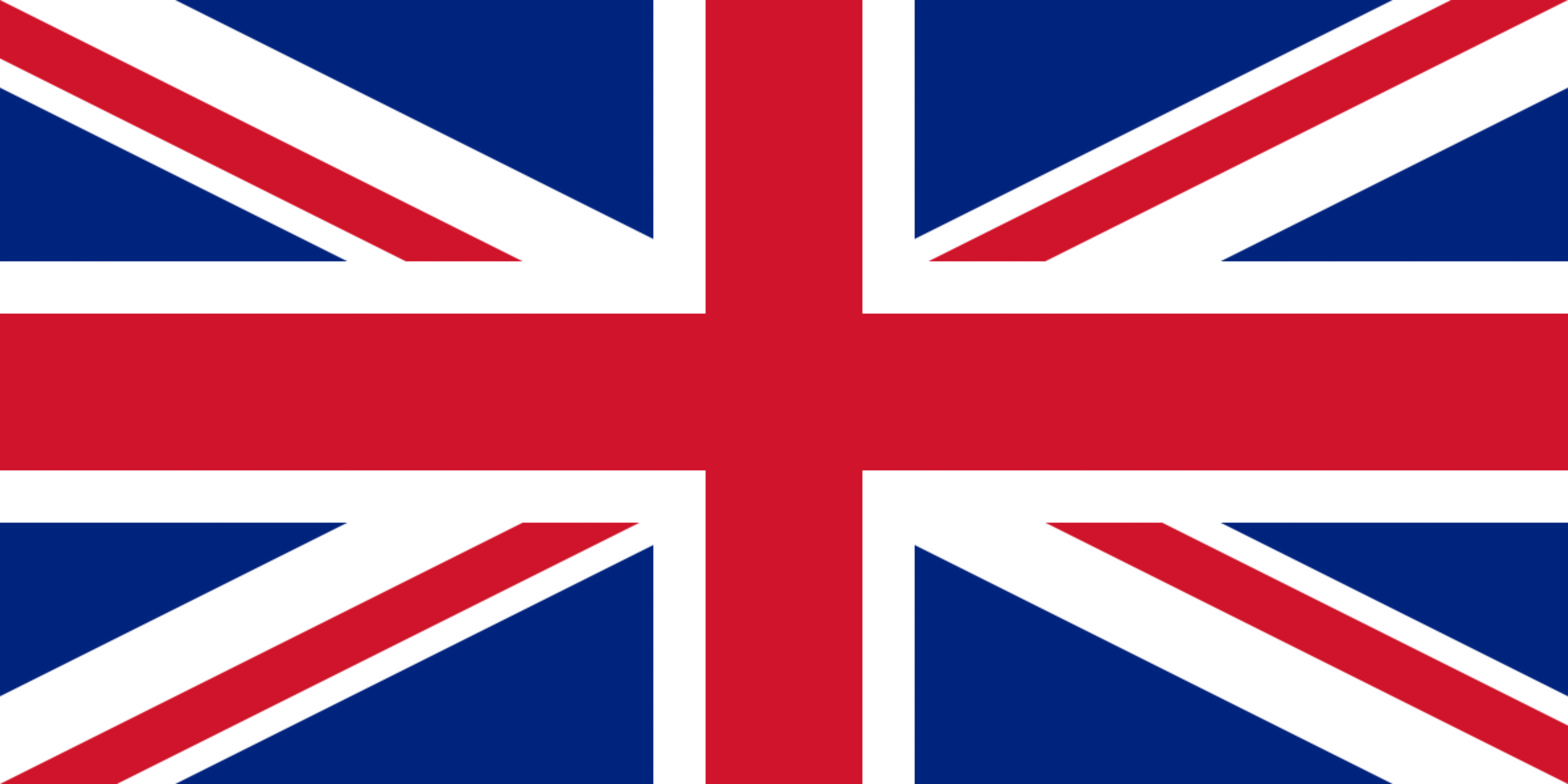
The UK has a free National Health Service (NHS). The NHS differs from healthcare systems in other countries in that it is funded through taxes rather than health insurance. In addition to the NHS, there is private health insurance in the UK.
The NHS in England is controlled by the Department of Health. The NHS is responsible for the operation of primary care (doctors, dentists, and pharmacists). Since 2013, Clinical Commissioning Groups (CCG) are also responsible for the operation of secondary care services in specific regions.
They supervise the work in the field of:
- Routine hospital care;
- rehabilitation;
- Emergency care;
- Community health facilities.
The doctor’s initial check-up consultations, the treatment by the family doctor, and other primary health care services, are free for everyone. It is whether you are registered as an NHS patient or as a temporary patient who has been treated for more than 24 hours, but less than 3 months.
As for specialized medical care, it should be noted that the UK health system serves only the residents of the country. It means that at the time of admission to the hospital, those who wish to receive free medical care must legally reside in the country.
If you are a permanent resident in Britain, you have the right to receive free medical care. In the case of citizens of countries outside, they need to go through immigration control and obtain a permanent residence permit.
Patients who do not live in the UK permanently will have to pay for medical care in the country. However, some people are exempt from the need to pay for medical services.
- Ambulance and Emergency Services, including Emergency Medical Services (A&E), are provided in NHS hospitals, such as emergency room services, first-line centers, minor injury wards, or emergency rooms. However, this does not include services provided after admission to the hospital, as well as during subsequent appointments with a doctor – they are paid, except for specific cases of exemption of foreign citizens from service costs;
- Diagnosis and treatment of sexually transmitted infections;
- Family planning (does not include termination of pregnancy or fertility treatment);
- Treatment of a physical or mental condition caused by torture, female genital mutilation, domestic or sexual abuse;
- Services are provided by the NHS111 hotline.
- Palliative Care Provided by a Registered Charitable Organization or Community Business;
- Diagnosis and treatment of some infectious diseases, including HIV, tuberculosis, and Middle East Respiratory Syndrome (MERS);
The following groups of persons have the right to receive medical services free of charge:
- Refugees (persons granted asylum, humanitarian protection, or temporary protection following immigration rules) and their dependents;
- Refuge seekers (applicants for asylum, humanitarian or temporary protection, if their applications are still pending) and their dependents;
- Persons covered by Section 95 of the UK Immigration and Asylum Act 1999 (Act 1999) of the Home Office.
Persons whose asylum application has been rejected if they:
- Are subject to Section 4 (2) of the UK Immigration and Asylum Act 1999 and receive assistance from the Home Office;
- Receive help from the local government following section 21 of the State Assistance Act 1948;
- Fall under Part 1 (Care and Support) of the Nursing Act 2014 children under the supervision of local authorities;
- Victims and presumed victims of modern slavery or human trafficking as defined by the UK Anti-Trafficking Center or the Home Office, as well as their spouse or common-law partner and children under the age of 18 if they reside in the UK on legal grounds;
- Persons in compulsory treatment by court order, or persons subject to detention in NHS hospitals or imprisonment (for example, under the Mental Health Act 1983 or the Legal Capacity Act 2005) are exempted from paying treatment costs under a court order or during the period of their detention;
- Immigrant prisoners and detainees.
Dental treatment in the UK
As with primary health care, dentists affiliated with the NHS are self-employed by the NHS in England. You do not need proof of your identity or immigration status when applying for registration as a dentist-patient.
If you are having difficulty finding an NHS dentist, you can contact:
- Their local representatives directly (local NHS England area team);
- Patient Advice and Liaison Services.
Generally, NHS patients are required to pay the cost of dental services. The exceptions are the following cases:
- Treatment is free (some types of dental treatment are free);
- The patient is fully or partially exempted from paying expenses based on age, pregnancy, or income.
The entitlement to specialty dental care is consistent with the NHS’s general entitlement to health care (see inpatient care).
You can find more information on dental care in the NHS.UK website.
